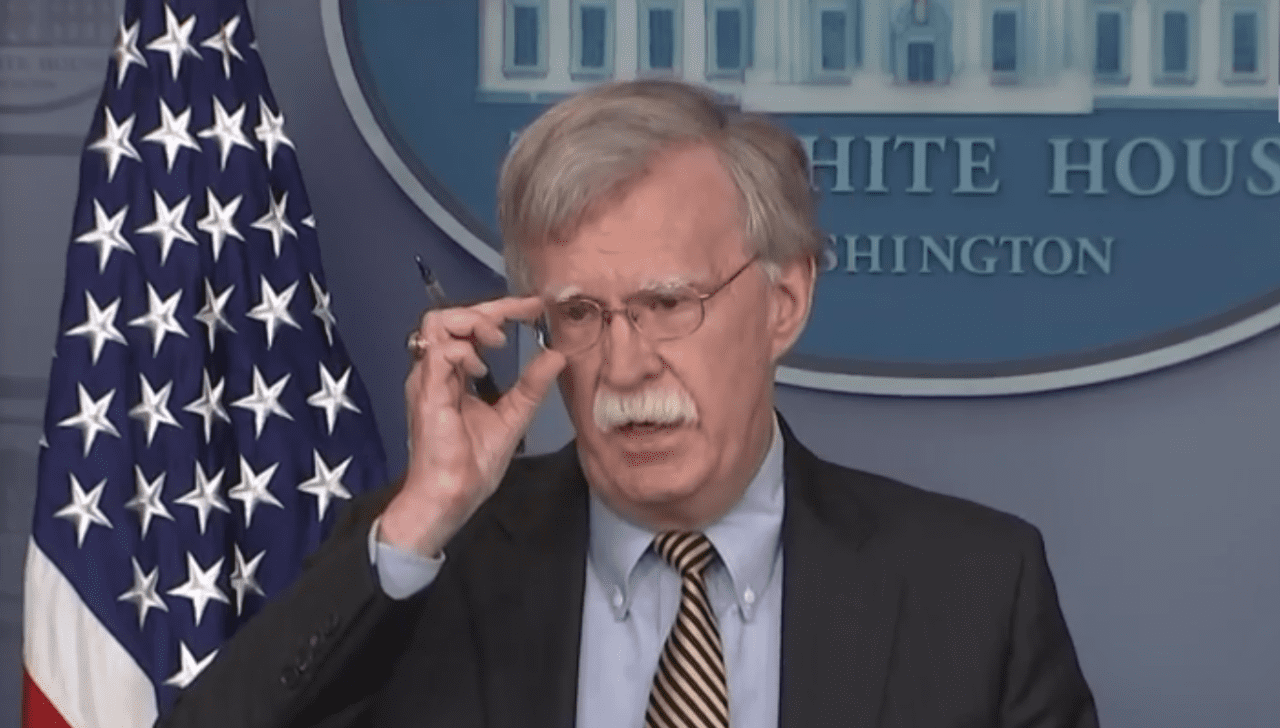
Former government officials suggested this week that the Donald Trump administration could reach for either the retired W84 warhead or the workhorse W80 if it wants a nuclear-tipped missile after walking away from the Intermediate-Range Nuclear Forces Treaty.
Trump…